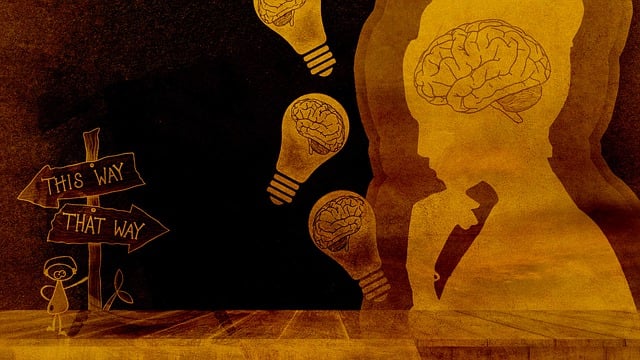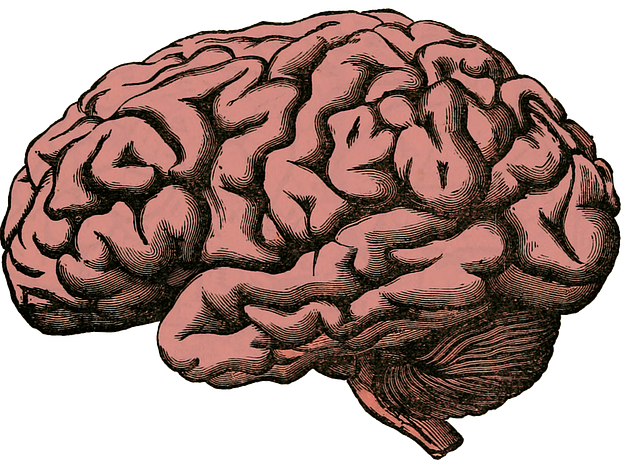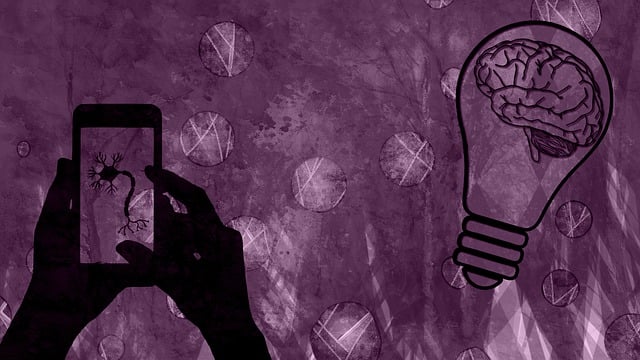Wheat Ridge Child Abuse Therapy focuses on the holistic treatment of mental health and social skills, recognizing their interconnectedness for effective outcomes. They address unique social challenges faced by individuals with mental health conditions, offering specialized programs that combine education, crisis intervention, and tailored support. Using evidence-based methods like Compassion Cultivation Practices, cognitive-behavioral techniques, and mindfulness exercises, they foster empathy, confidence, and resilience in navigating social interactions. The ultimate goal is to empower clients with life skills for successful engagement in work, education, and personal relationships, aligning with broader mental health policy goals.
Social skills training is a powerful tool for individuals navigating mental health conditions. This comprehensive guide explores the intricate link between social interactions and mental well-being, delving into specific challenges faced by those with mental health issues. We present effective strategies and techniques for social skills development, highlighting the innovative approach of Wheat Ridge Child Abuse Therapy. Discover how specialized therapy can revolutionize support systems and enhance social integration.
- Understanding the Connection Between Social Skills and Mental Health
- Identifying Challenges in Social Interaction for Individuals with Mental Health Conditions
- Strategies and Techniques for Effective Social Skills Training
- Wheat Ridge Child Abuse Therapy: A Comprehensive Approach to Social Skills Development
Understanding the Connection Between Social Skills and Mental Health

The connection between social skills and mental health is a vital aspect often overlooked in traditional therapy settings. At Wheat Ridge Child Abuse Therapy, we recognize that effective treatment involves addressing both domains holistically. Social skills are fundamental to our overall well-being; they enable us to connect with others, communicate effectively, and navigate interpersonal relationships. For individuals struggling with mental health conditions, these skills can be particularly challenging to master due to symptoms like anxiety, depression, or trauma-related distress.
Developing robust social skills is a powerful tool in managing and improving mental health. It promotes a sense of belonging, boosts self-esteem, and provides coping strategies for navigating stressful situations. Cultural sensitivity in mental healthcare practice also plays a crucial role, ensuring that therapeutic interventions are tailored to the unique needs and experiences of diverse individuals. Trauma support services, for instance, can significantly benefit from teaching social skills, as it helps clients rebuild trust, foster healthy relationships, and develop emotional regulation strategies, ultimately enhancing their overall resilience and recovery journey.
Identifying Challenges in Social Interaction for Individuals with Mental Health Conditions

Individuals with mental health conditions often face unique challenges when it comes to social interaction. These challenges can range from anxiety and depression that hinder engagement in social activities to more severe symptoms like hallucinations or delusions that significantly impact their ability to connect with others. For example, someone living with schizophrenia might struggle to interpret social cues accurately, leading to misunderstandings and isolation. Similarly, individuals dealing with trauma may have developed defensive behaviors or avoidance strategies that make it difficult for them to form meaningful relationships.
Wheat Ridge Child Abuse Therapy recognizes these complexities and offers specialized programs designed to address these challenges. Our mental health education initiatives focus on providing practical skills for navigating social situations, boosting confidence, and managing crises. Through crisis intervention guidance and tailored support, we empower individuals to overcome their fears, rebuild connections, and integrate back into their communities with greater ease.
Strategies and Techniques for Effective Social Skills Training

Social Skills Training for mental health conditions requires a multifaceted approach that integrates various strategies and techniques to achieve lasting results. At Wheat Ridge Child Abuse Therapy, we utilize evidence-based methods tailored to individual needs. Our specialists incorporate Compassion Cultivation Practices to foster empathy and understanding, promoting a supportive environment essential for social growth. Additionally, we emphasize Cultural Sensitivity in Mental Healthcare Practice, ensuring that interventions are respectful and relevant to diverse backgrounds.
These training sessions go beyond mere role-playing by incorporating interactive activities, cognitive-behavioral techniques, and mindfulness exercises. The goal is to empower individuals with the confidence and resilience needed to navigate social interactions successfully. By addressing specific challenges associated with mental health conditions, we aim to enhance their ability to form meaningful connections and participate actively in their communities. This holistic approach aligns with the broader goals of Mental Health Policy Analysis and Advocacy, pushing for inclusive practices that cater to diverse populations.
Wheat Ridge Child Abuse Therapy: A Comprehensive Approach to Social Skills Development

Wheat Ridge Child Abuse Therapy offers a comprehensive approach to social skills development tailored for individuals managing mental health conditions. Beyond traditional therapy models, they integrate holistic strategies that foster meaningful connections and enhance social interactions. By addressing the unique challenges faced by their clients, Wheat Ridge aims to prevent burnout while encouraging positive thinking and resilience. Through innovative techniques, this approach empowers individuals to navigate social settings with greater confidence and ease.
Their program focuses on building essential life skills necessary for successful social engagement, promoting a sense of belonging and improving overall well-being. By combining evidence-based practices with a nurturing environment, Wheat Ridge Child Abuse Therapy helps participants develop effective communication skills, practice active listening, and learn appropriate body language cues. This holistic approach not only accelerates recovery but also equips individuals with tools to thrive in various aspects of their lives, including work, education, and personal relationships.
Social skills training plays a pivotal role in enhancing mental health outcomes, especially for individuals navigating various conditions. By understanding the unique challenges these individuals face in social interactions, we can develop targeted strategies through approaches like those offered by Wheat Ridge Child Abuse Therapy. Their comprehensive programs address these needs, fostering better connections and improved well-being. This holistic training is a powerful tool to empower those with mental health conditions, helping them thrive in social settings.














